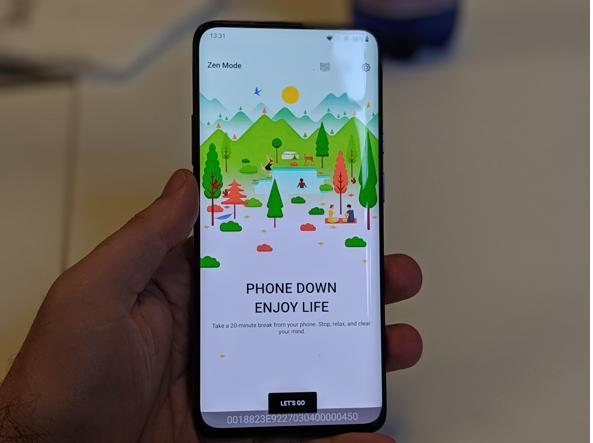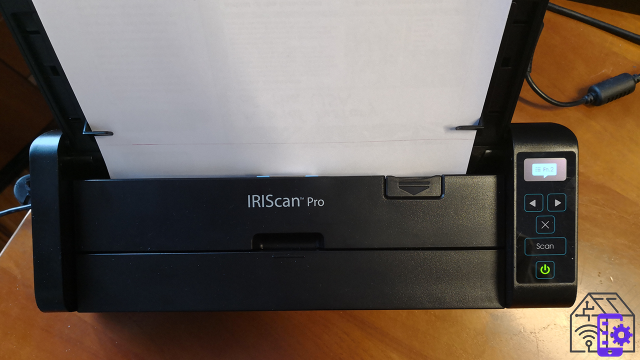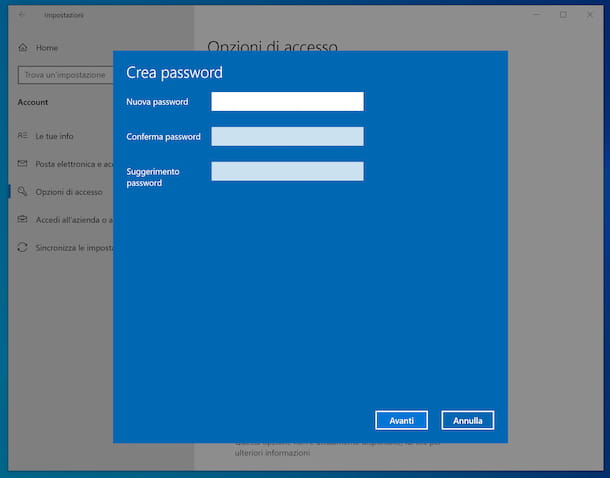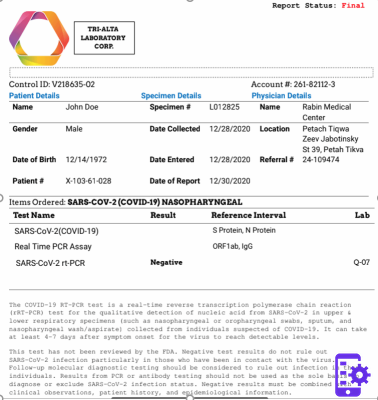
Telephone scams: what they are and how to try to defend yourself. Unfortunately, the growth of this element in everyday life is leading to very negative consequences. So how can they be avoided? Trustpilot, a digital platform that brings companies closer to consumers, has tried to summarize what are the risks and what are the "antidotes" against this phenomenon.
Phone scams: messages, deceptive apps, robocalls, rings and natural persons
SMS and Whatsapp are the first sources of risk. The messages received must always be read with great attention and if they lead to suspicion, you must always avoid replying also because, often, the response generates malware on the smartphone or the opening to sensitive data on the telephone device.
Attention, secondly, also to deceptive apps, that deceive consumers into downloading their app by simulating affiliation with a well-known brand or app, while actually operating independently, and oh roboall, which have the aim, through answers to trivial questions, to record "yes" from consumers and then use them to authorize charges in the name of the same user.
Finally rings and individuals. Calls in the middle of the night, often from foreign prefixes, with the aim of getting a re-contact and pocketing the money for the costs of a phone call abroad, in themselves very expensive since the connection, or calls from people who sell themselves for intermediaries of well-known and reliable companies, who have the aim of extorting information or sensitive data.
How to defend yourself?
There are some evaluation elements that I can help users avoid the phone scam. Here are which ones:
- Never release personal or financial information to someone over the phone unless it can be verified that this person is a legitimate representative of the company they claim to represent;
- Check with as many questions as possible the identity of the caller and the reason for which he is making the call;
- Try to understand the tone of voice of the caller: if he is aggressive or insistent this could be a bad sign. Also try to ask if the caller has an address to be called back: this could be a good element to deduce useful information about his account.
- If you receive "banking" calls, the advice is to try to ask for as much information about your IBAN, current account and bank statement, reversing the roles in the call a bit to understand if who is bothering us is really trustworthy.
TagsTruffe telephone trustpilot Phone scams: Trustpilot's tips for avoiding them


























